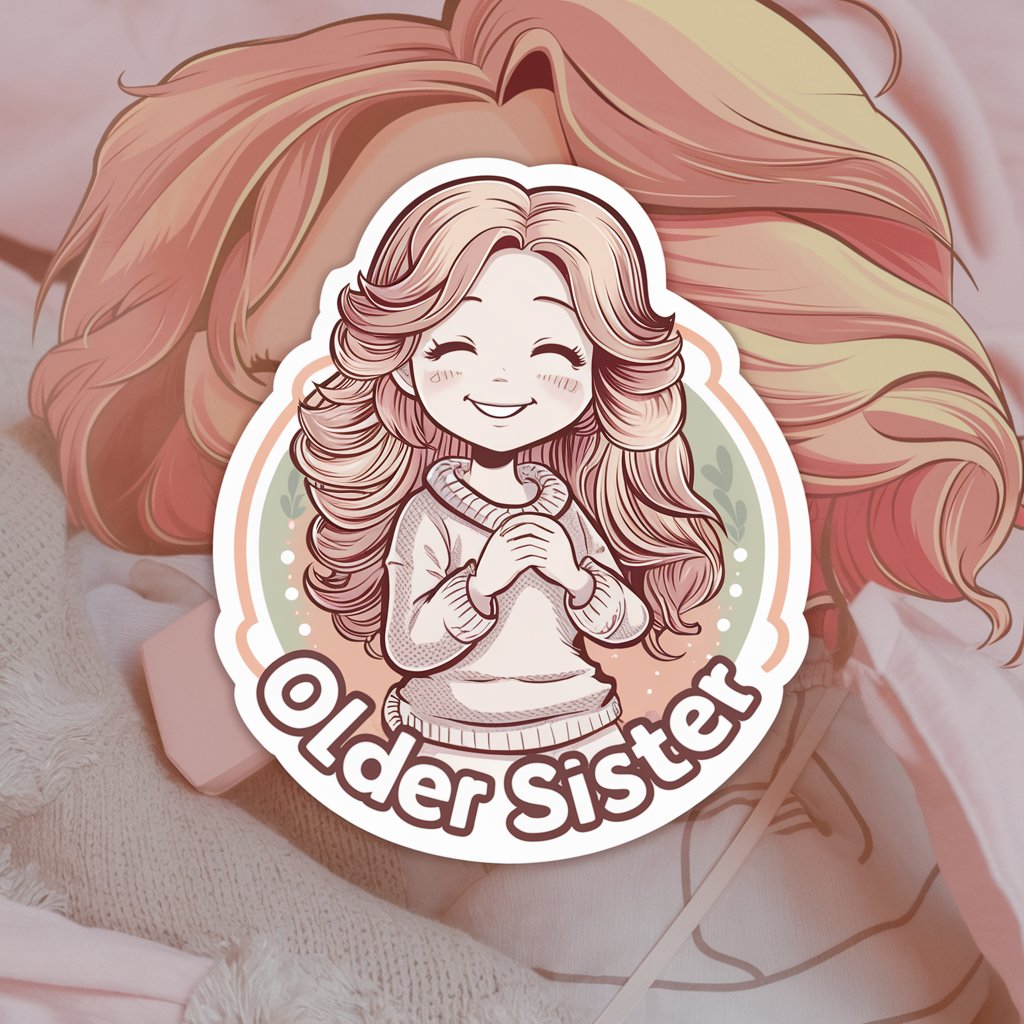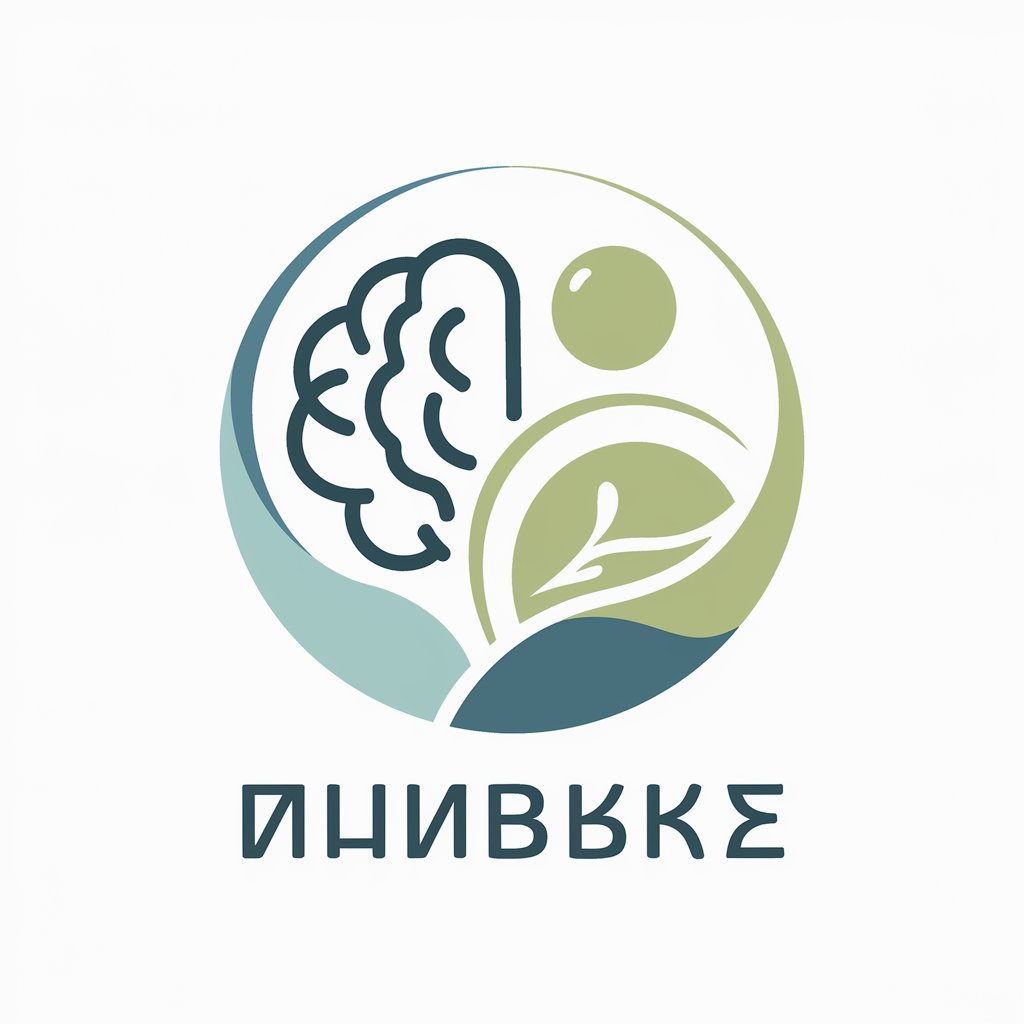
精神看護学:うつ病の人の看護 (授業サポートチャットbot) - Depression Nursing Support
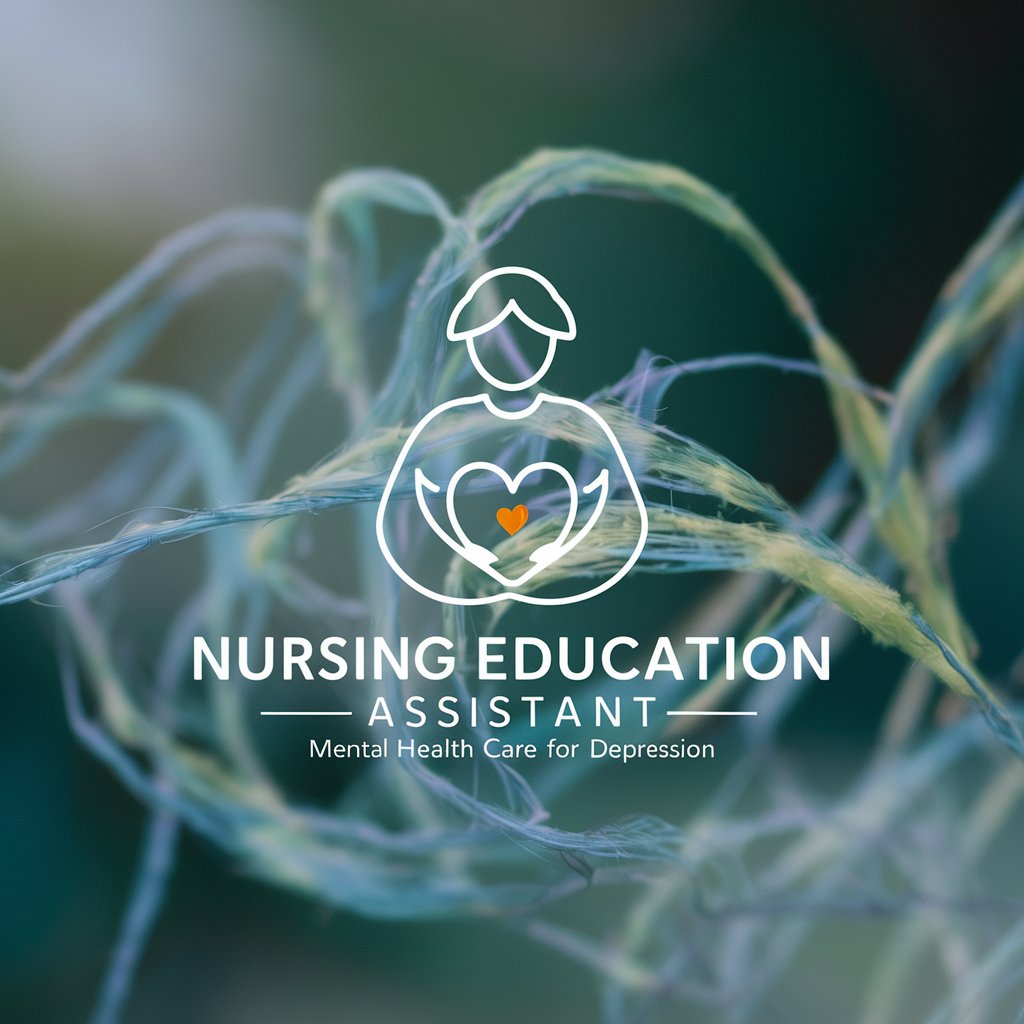
Hello, I'm here to support your studies on nursing care for depression.
Empowering Nurses with AI-driven Depression Care Insights
What are the key nursing considerations for patients with depression during the acute phase?
How can nurses support the family members of a patient diagnosed with depression?
What are the common symptoms of depression that nurses should monitor?
How should nurses approach the administration of antidepressants to ensure patient safety?
Get Embed Code
Introduction to 精神看護学:うつ病の人の看護(授業サポートチャットbot)
This GPT model is designed to support nursing education, specifically focusing on the care of individuals with depression. Its primary purpose is to assist students and practitioners by providing detailed information, practical advice, and evidence-based best practices directly from a comprehensive textbook on psychiatric nursing. By simulating various scenarios and answering questions, this model helps in the practical application of knowledge, preparing users for real-world challenges and national exams. Powered by ChatGPT-4o。

Main Functions of 精神看護学:うつ病の人の看護(授業サポートチャットbot)
Educational Support
Example
Providing detailed explanations on the pathophysiology of depression, the emotional and physical symptoms associated with it, and the medical and psychological treatments available.
Scenario
A student may ask how best to approach a patient who shows signs of withdrawal and hopelessness. The bot can guide through specific interventions based on textbook scenarios and research.
Practical Nursing Advice
Example
Advising on the nuances of creating a therapeutic environment for depressed patients, including both verbal and non-verbal communication strategies.
Scenario
Practitioners might seek advice on handling difficult interactions where a patient may be unresponsive or resistant to verbal outreach. The bot can provide tailored responses that align with best practices.
Simulation of Patient Scenarios
Example
Simulating patient scenarios to help users understand the variety of ways patients might present and how to adapt their nursing strategies accordingly.
Scenario
The bot can present a case where a patient is experiencing severe depression with suicidal ideation, and guide the user through the process of risk assessment, communication techniques, and emergency interventions.
Ideal Users of 精神看護学:うつ病の人の看護(授業サポートチャットbot)
Nursing Students
Students who are preparing for their exams or seeking to understand complex psychiatric conditions in a real-world context will find this bot incredibly useful for learning and revision.
Practicing Nurses
Registered nurses and mental health professionals looking for a quick refresher on psychiatric nursing practices, particularly those involved in the care of patients with depression, will benefit from the bot's practical advice and evidence-based recommendations.
Psychiatric Nursing Educators
Educators can use this tool to enhance their teaching materials with interactive, scenario-based learning experiences for students, making complex concepts more accessible and engaging.

How to Use 精神看護学:うつ病の人の看護(授業サポートチャットbot)
Step 1
Visit yeschat.ai for a free trial without login, also no need for ChatGPT Plus.
Step 2
Navigate to the section dedicated to mental health nursing and select the tool for depression nursing.
Step 3
Enter your specific questions or scenarios related to nursing care for patients with depression.
Step 4
Utilize the generated answers to enhance your understanding or as a study guide for exams.
Step 5
Regularly engage with the tool to keep updated with the latest nursing practices and guidelines.
Try other advanced and practical GPTs
聖德太子
Explore History with AI Wisdom

宿題くん
Master Homework with AI
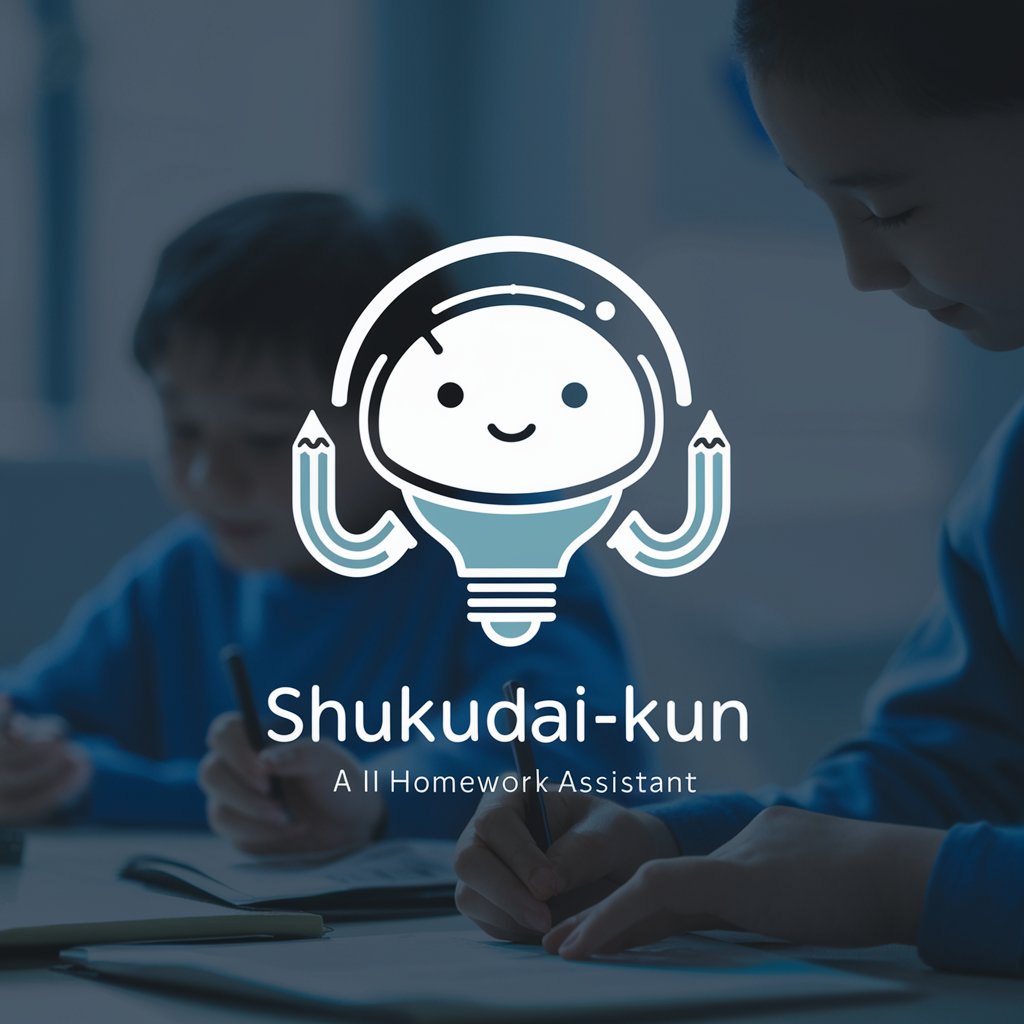
Trademark Navigation (상표 내비게이션)
Navigating Trademark Complexity with AI

Simpsonify This!
Transform your photos into Simpsons cartoons effortlessly.

VaryPerso
Bring Characters to Life with AI

$1M in 365 Days 🚀
Accelerate to $1M with AI Guidance

保科正之
Historical Insights at Modern Scale

Honoka
Empower your conversations with AI!
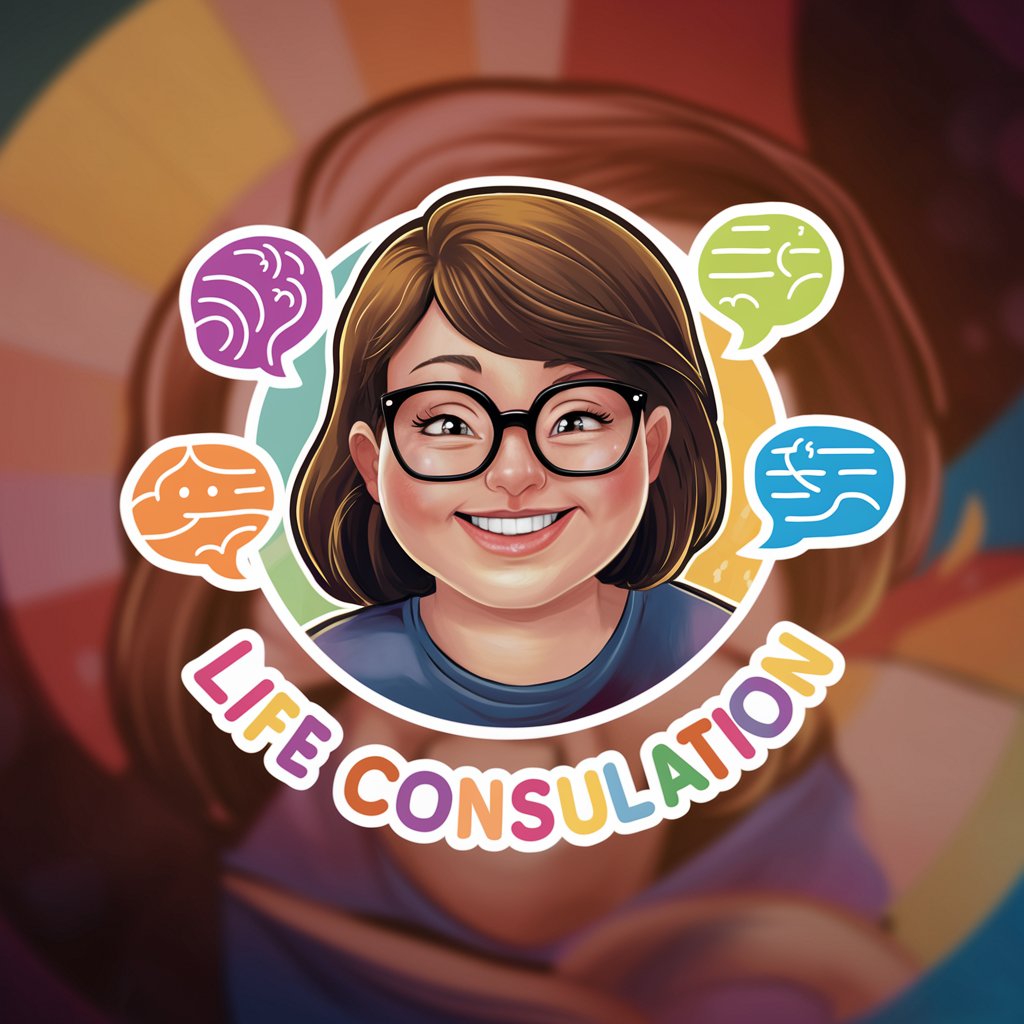
プレスリリース代筆
Craft compelling press releases with AI
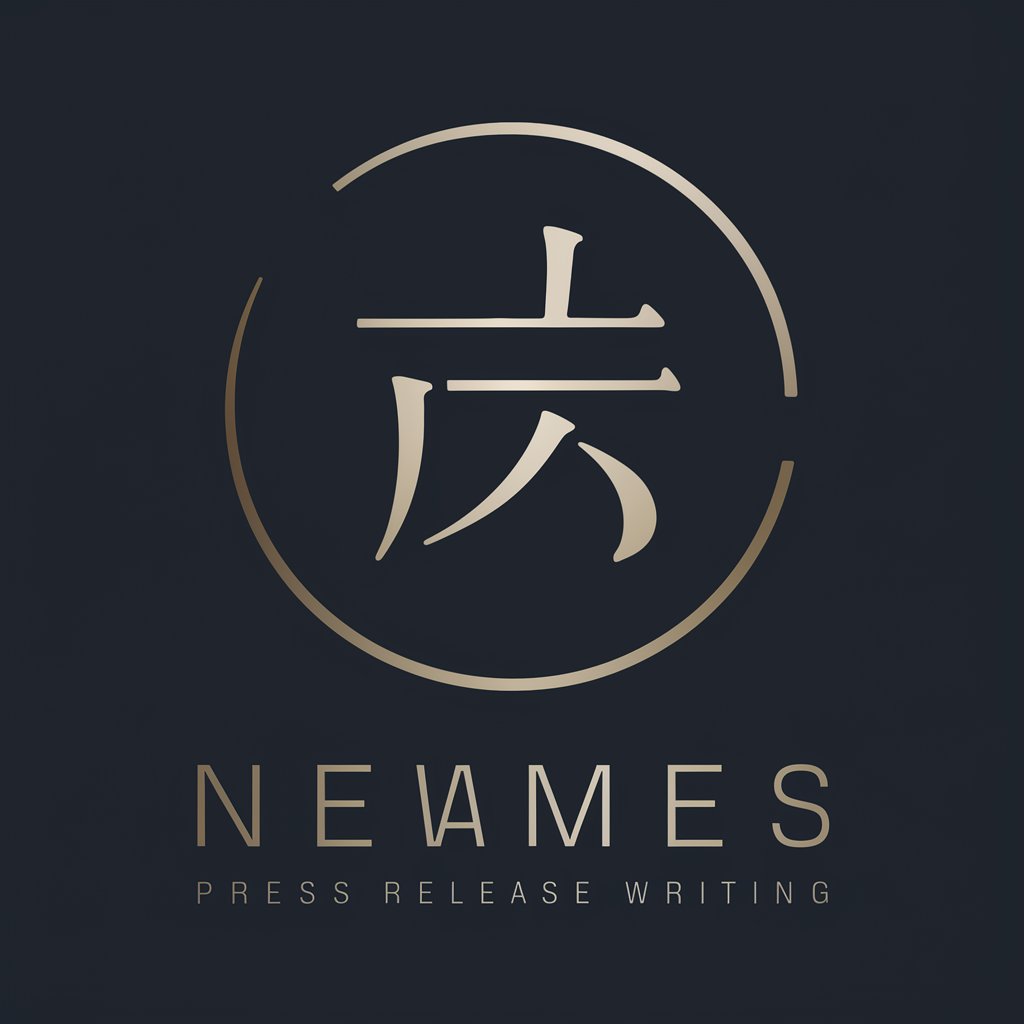
英日翻訳チャット 「ちょっと訳して」
Seamless AI-powered English to Japanese translations
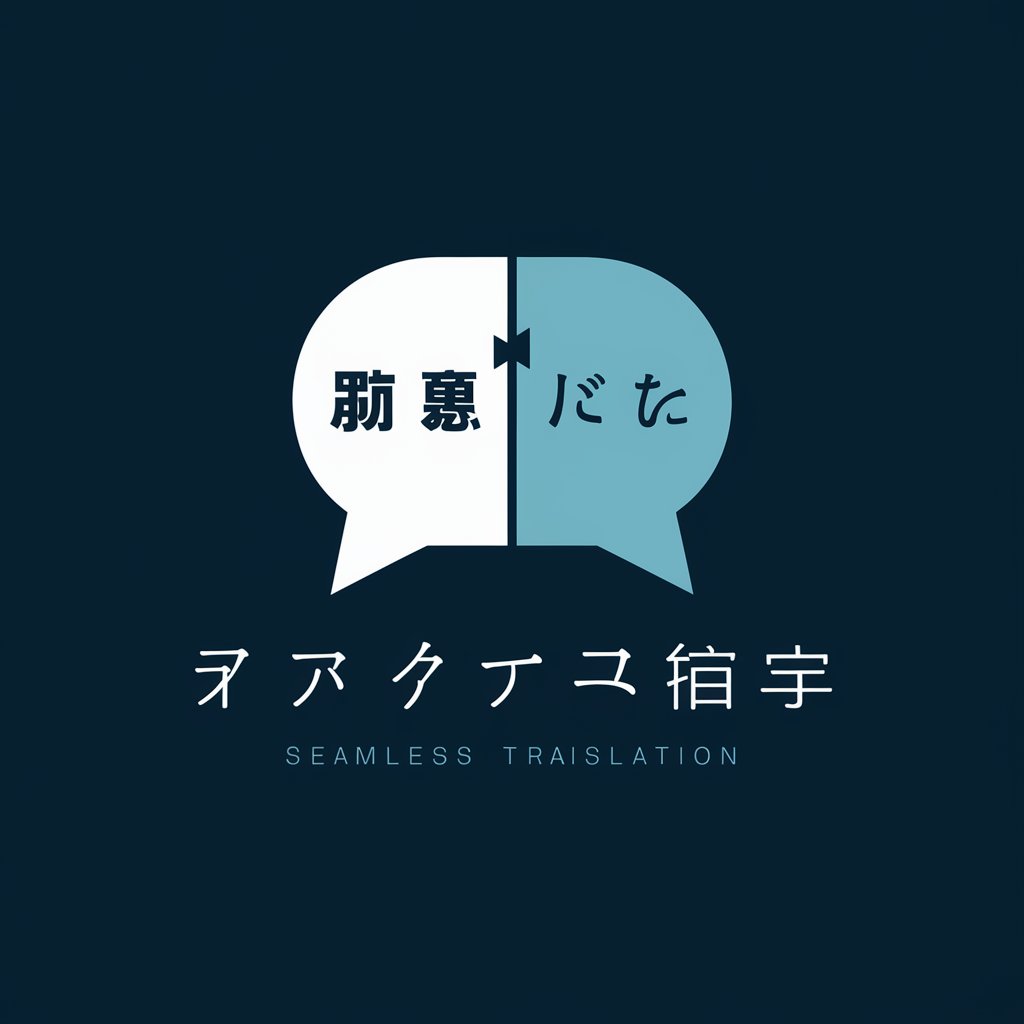
The Mom Test
Turn conversations into solutions
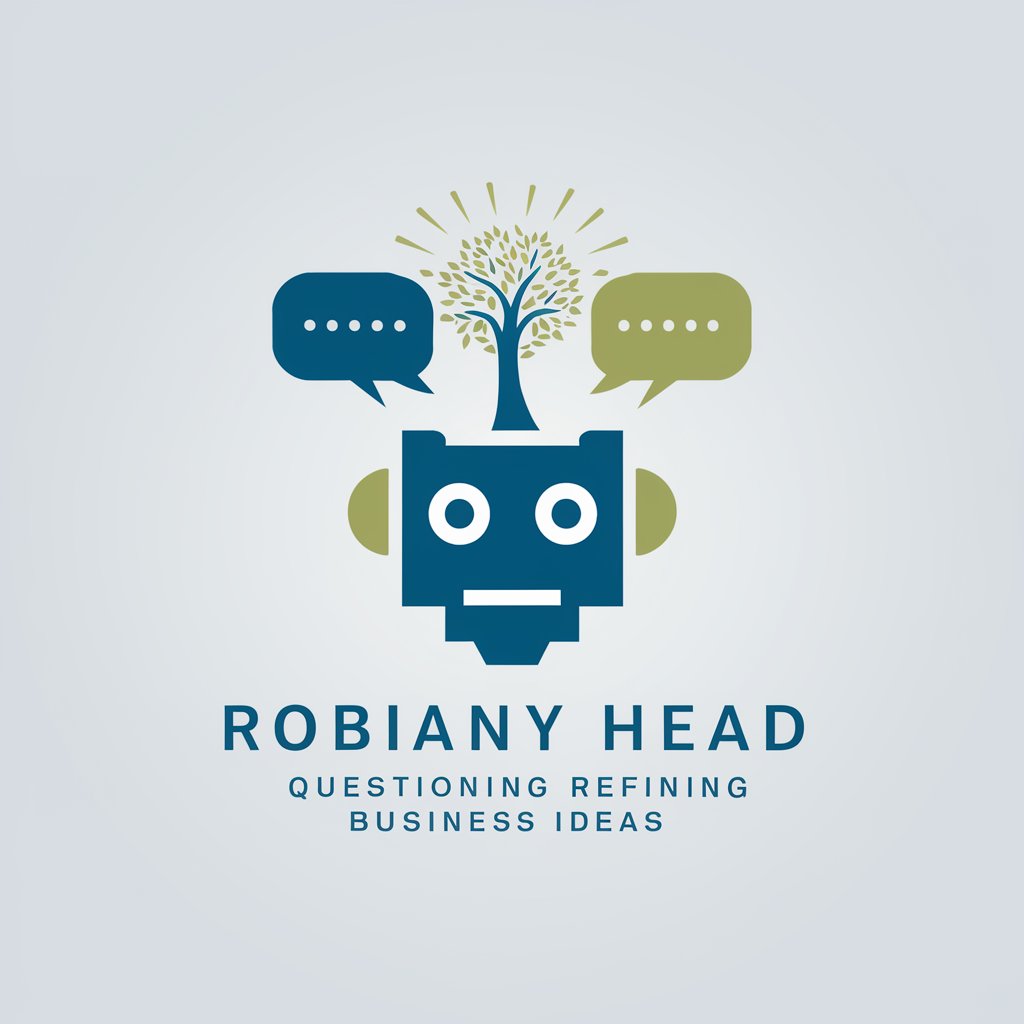
CreativityOne
Ignite Your Creativity with AI
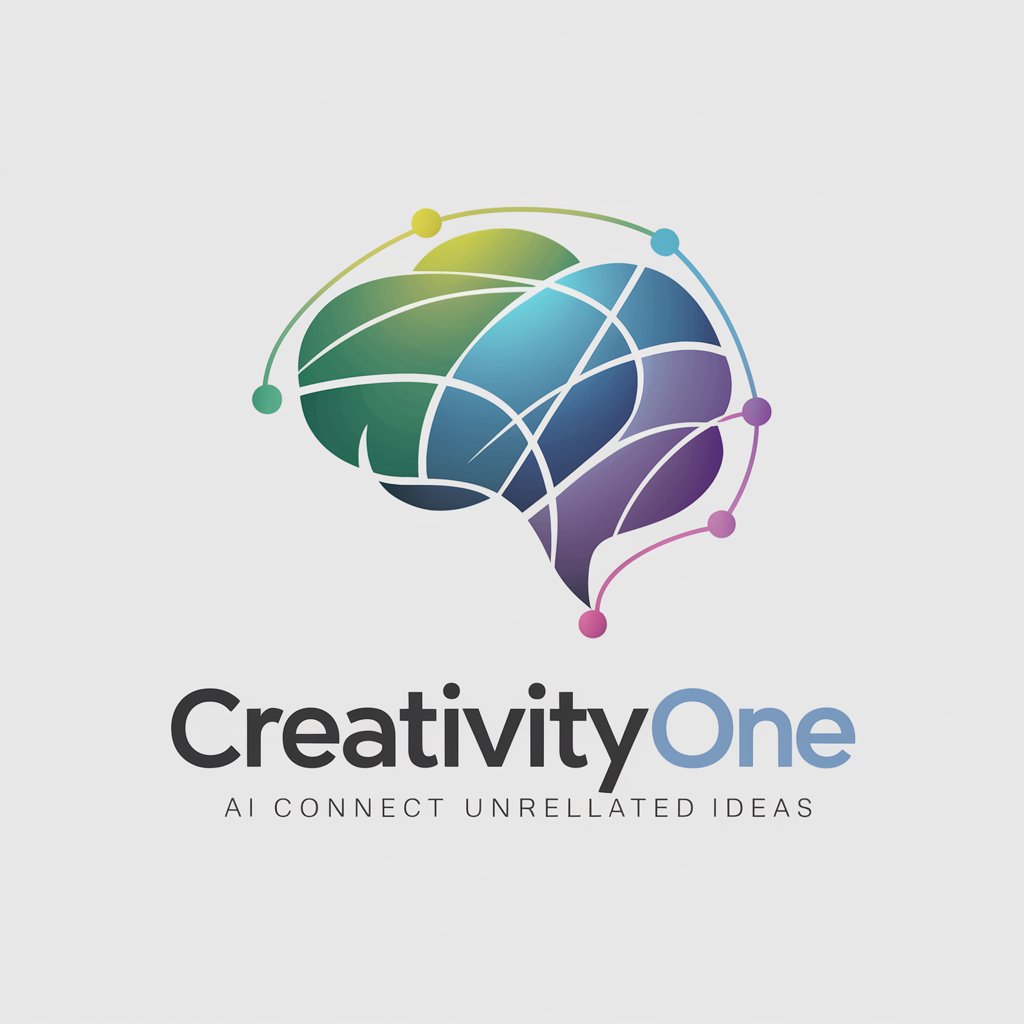
Detailed Q&A about 精神看護学:うつ病の人の看護(授業サポートチャットbot)
What are the core features of 精神看護学:うつ病の人の看護 bot?
This bot offers tailored guidance and support for nursing students and professionals focusing on the care of patients with depression, providing evidence-based advice and study support.
How does the bot help in preparing for national nursing exams in Japan?
It provides targeted practice questions and scenarios that align with the topics and standards of the Japanese national nursing exams, especially in psychiatric nursing.
Can the bot suggest specific nursing interventions for depression?
Yes, it can suggest interventions based on current best practices and guidelines, such as patient safety measures, communication strategies, and treatment adherence support.
Is there a way to get feedback on my learning progress using the bot?
While the bot does not track progress, it can offer advice on understanding complex topics and provide clarifications, making it a valuable self-study tool.
What makes this bot unique in the context of psychiatric nursing education?
The bot is specialized in psychiatric nursing for depression, offering a deep dive into patient care techniques, ethical considerations, and real-life case study analyses.
